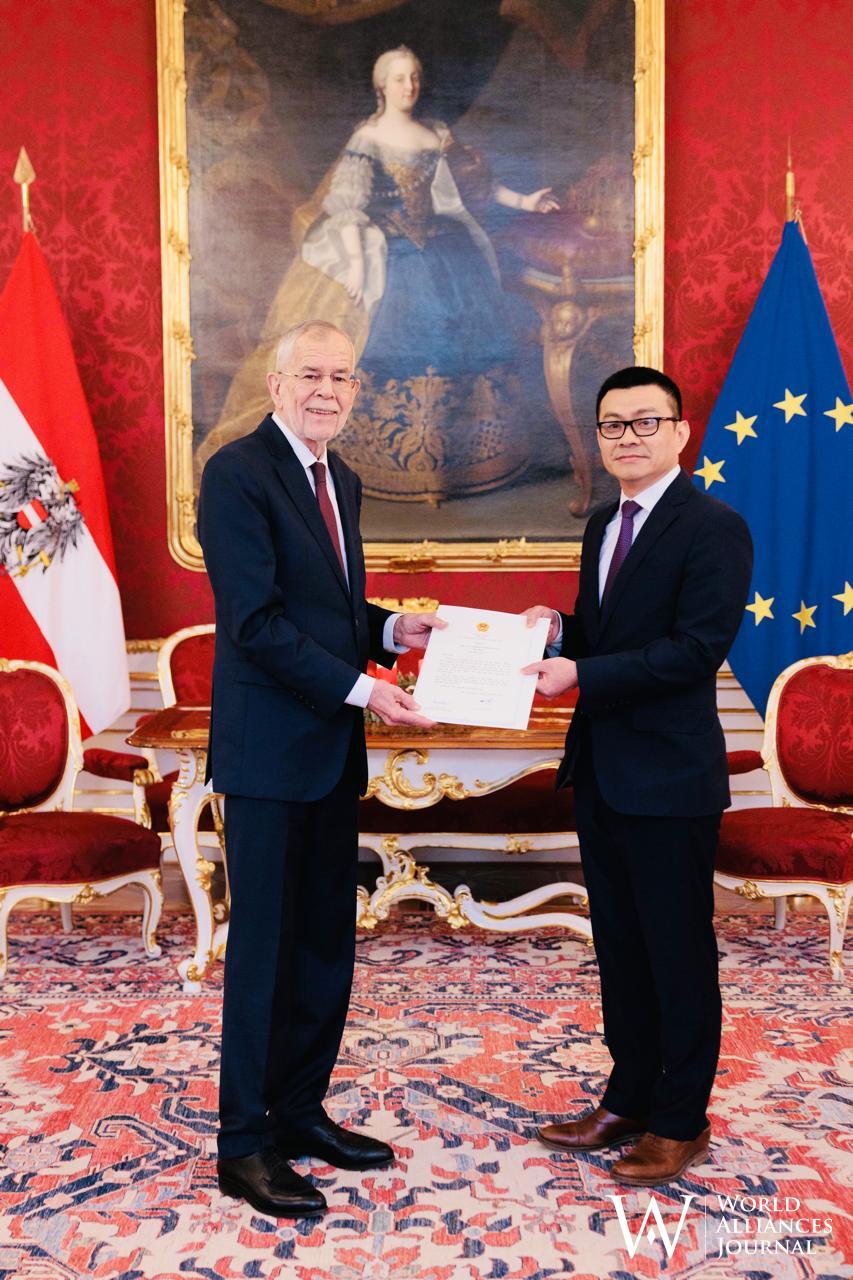
Ambassador Vu Le Thai Hoang formally begins his diplomatic mission in Austria after presenting credentials to President Alexander Van der Bellen. (Photo: Vietnamese Embassy in Austria)
Tech Diplomacy: From Local Initiative to National Strategy
WAJ: Ambassador, what is Vietnams main objective in organizing the First Vietnam–Austria High-Tech and Innovation Forum?
Ambassador Vu Le Thai Hoang: In line with Resolution 57 by the Politburo on breakthroughs in science, technology, innovation, and digital transformation, the Ministry of Foreign Affairs and Vietnam’s overseas missions have identified technology diplomacy as a top priority of our comprehensive, modern, and development-oriented diplomacy.
Depending on each countrys strengths and local context, we are building targeted initiatives. For Austria—a nation strong in core and source technologies—the Embassy proposed to host the Vietnam–Austria High-Tech and Innovation Forum 2025 in Vienna. This initiative has received strong support from the Austrian Federal Economic Chamber (WKO), the Vietnam National Innovation Center (NIC), relevant ministries, top tech companies, and research institutions from both countries.
This will be the first technology-focused forum organized by a Vietnamese embassy in Europe, aiming to update policies, connect technology markets, and lay the groundwork for practical cooperation.
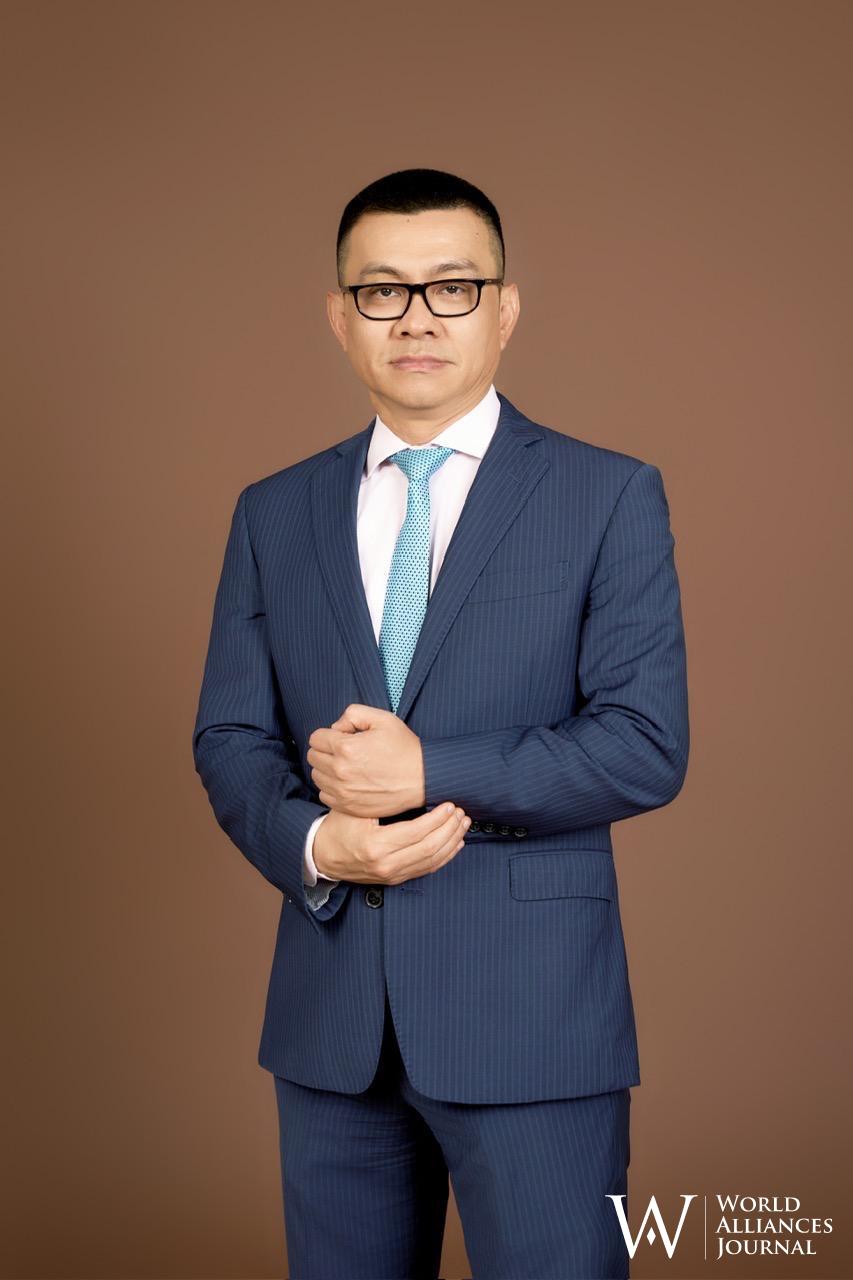
Assoc. Prof. Dr. Vu Le Thai Hoang, Ambassador of Vietnam to Austria (Photo: VNEA)
Mutual Needs and Complementary Strengths
WAJ: Given Vietnams push for digital transformation and innovation, how do you assess the potential for cooperation with Austria, especially in linking businesses and research institutions?
Ambassador Vu Le Thai Hoang: People might be surprised to know that the cable car systems at many of Vietnam’s top tourist destinations are manufactured by Austria’s Doppelmayr, or that electric vehicles from VinFast, as well as cars by BMW and Mercedes, feature technology developed by Magna Steyr and AVL, two of Austria’s leading automotive technology firms.
Austria is a global high-tech hub, particularly strong in advanced manufacturing, IT, semiconductors, quantum technology, biotechnology, and green energy. Located at the heart of Europe, Austria plays a pivotal role in the high-tech triangle of Germany–Austria–Switzerland, and can serve as a gateway for Vietnam to access other major European tech centers, support tech transfer, and integrate deeper into global supply chains.
Technologies such as wafer bonding for 3D chips, nano-lithography SmartNIL, AI in transport and healthcare, biotech for regenerative medicine, and quantum encryption are all areas Vietnam urgently needs to develop. Austrias innovation ecosystem—where government, research institutions, businesses, and startups work seamlessly together—is a model Vietnam can absolutely learn from.
Ambassador Vu Le Thai Hoang meets with Vietnamese scientists and intellectuals in Austria. (Photo: VNEA)
Turning Dialogue into Action: Fostering Tangible Partnerships
WAJ: Many leading tech enterprises from both Vietnam and Austria will participate in the forum. What specific cooperation opportunities do you hope will emerge?
Ambassador Vu Le Thai Hoang: Vietnams economy grew by 7.09% in 2024 and is now among the world’s top 35 economies. To achieve our 2045 vision of becoming a developed, high-income country, Vietnam must pursue breakthroughs in technology, digital transformation, and green transition—the core message of Resolution 57.
Vietnamese tech giants like VNPT, Viettel, and FPT are leading in AI research and building digital infrastructure. Corporations such as Vingroup, Sovico, and Genetica are investing in semiconductors and AI applications. On the Austrian side, we have top companies and prestigious research institutions like TU Wien, TU Graz, AIT, and IIASA.
I hope the Forum will establish a foundation for mutual understanding, identify concrete avenues for cooperation, encourage policy dialogues to create enabling frameworks, and promote joint training programs for human capital. The Embassy will continue to coordinate business delegations, organize site visits, and build partnerships between our two markets.
Strategic Priorities: From Chips to Tech Startups
WAJ: Austria is considered a core high-tech hub in Europe. Could you share which specific sectors of technology and innovation Vietnam and Austria are prioritizing in their cooperation?
Ambassador Vu Le Thai Hoang: As mentioned, Austria stands out in areas such as automotive technology, semiconductors, quantum research, green energy, biotechnology, and artificial intelligence. With its robust innovation ecosystem and central role in Europes high-tech landscape, Austria can become a strategic partner for Vietnam in sourcing and transferring core technologies.
In the coming years, our two countries will prioritize cooperation in smart mobility, digital healthcare, chip manufacturing, renewable energy, and building a strong startup and innovation ecosystem.
Ambassador Vu Le Thai Hoang and Vietnamese scientists and intellectuals in Austria exchange views in preparation for the first Vietnam-Austria High-technology and Innovation Forum. (Photo: VNEA)
A Message to Businesses: Now Is the Time to Act
WAJ: Finally, do you have a message for Vietnamese and Austrian businesses, investors, and researchers to encourage their engagement and help them capitalize on the opportunities of this Forum?
Ambassador Vu Le Thai Hoang: This is a highly opportune moment for Vietnam–Austria cooperation in high-tech and innovation. We are witnessing a convergence of aspirations and capabilities: Vietnam is an emerging economy eager to leapfrog through innovation, while Austria is a leading source of advanced technologies with a supportive, integrated innovation ecosystem.
I urge Vietnamese businesses, research institutions, and tech startups to take part in this Forum. The Embassy is committed to being a bridge and facilitator—helping connect markets, establish partnerships, and turn ideas into concrete, impactful cooperation agreements.
WAJ: We sincerely thank His Excellency, the Ambassador.
PROMOTED
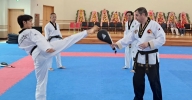
While fans around the world are looking forward to the 2024 Olympic Games in Paris, Grand Master Kamal Samer - who won the 1988 Olympic bronze medal in Taekwondo in Seoul, Korea, has returned to pay "Thank You" for this wonderful country.
Dr. Yen Platz- Young translator conquers the ancient Greek classic Anabasis – Memoir of the Persian Expedition
- Austria news - Usama Nosshy channel covers Asean's 55th anniversary celebrations at the United Nations in Vienna
- VietnamPlus Newspaper reported about ASEAN's 55th anniversary at the United Nations in Vienna
MOST VIEWED
The two Kings Philippe and Van der Bellen havedifferent backgrounds, one is of royal origin, and the other is a child of a refugee family (once of noble origin) but now, in the eyes of the European public, both of them are giving off a sense of courtesy, virtue and erudition.
WAJWith the attendance of many international figures, the 80th anniversary of the end of World War II was celebrated at the United Nations headquarters.
Journalist Usama Soliman

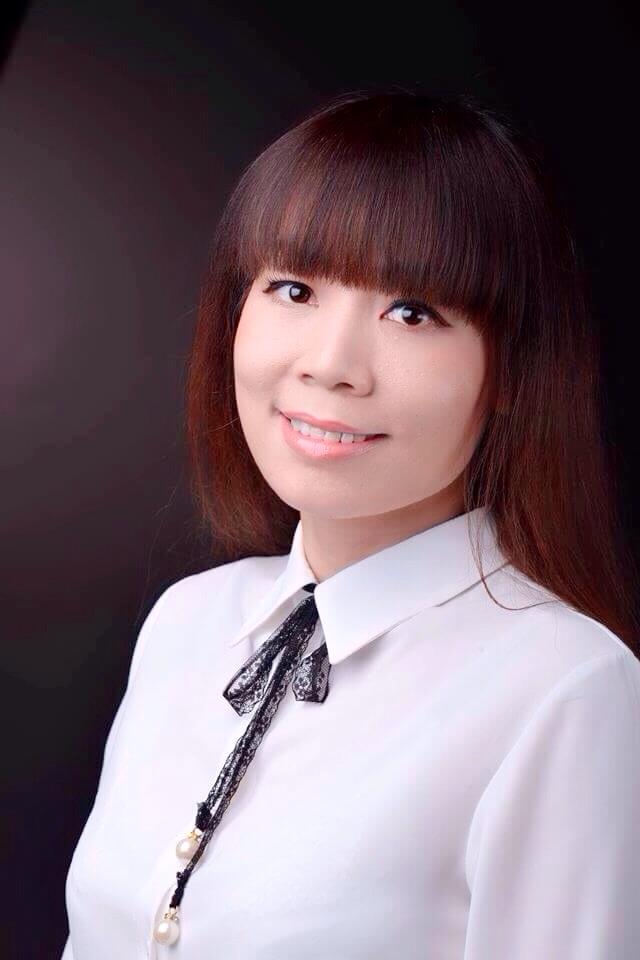
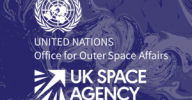
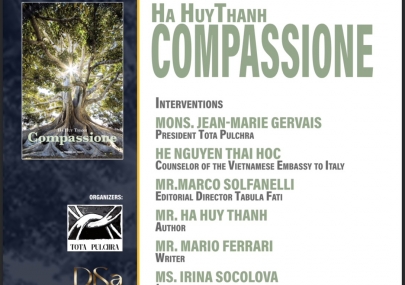
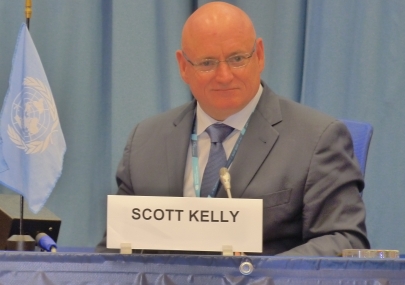
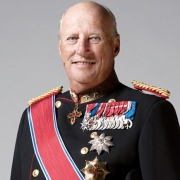
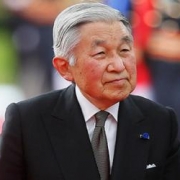
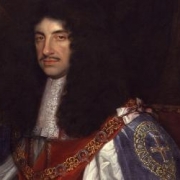
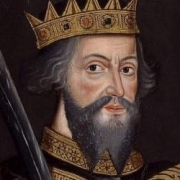








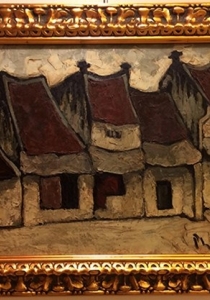

Comment